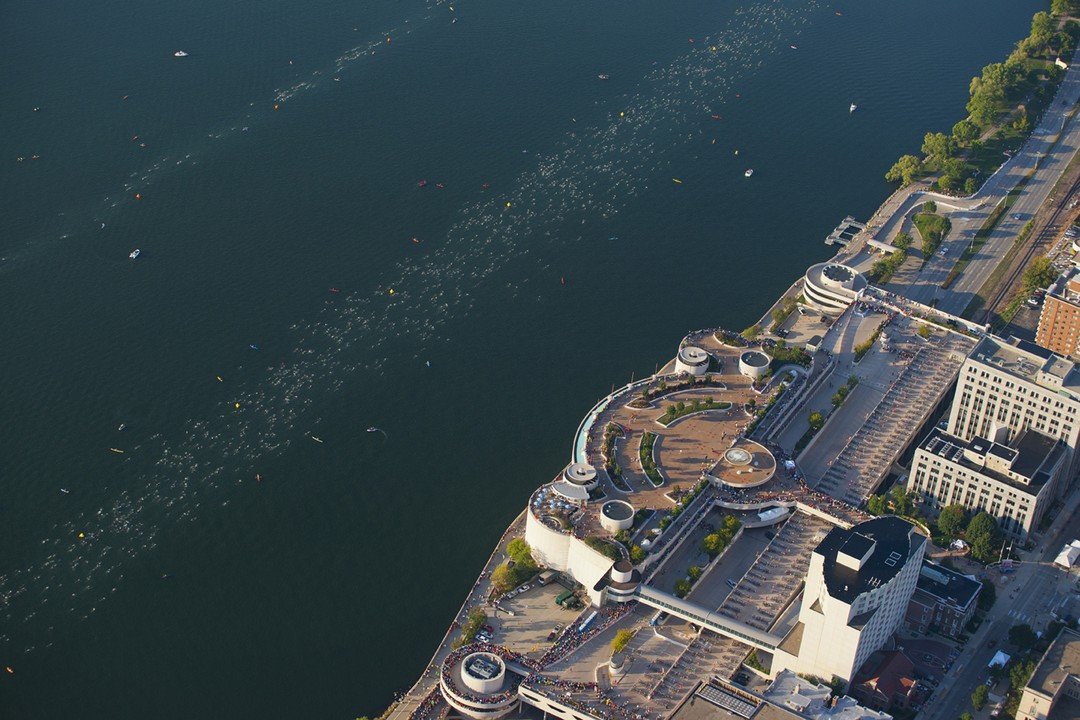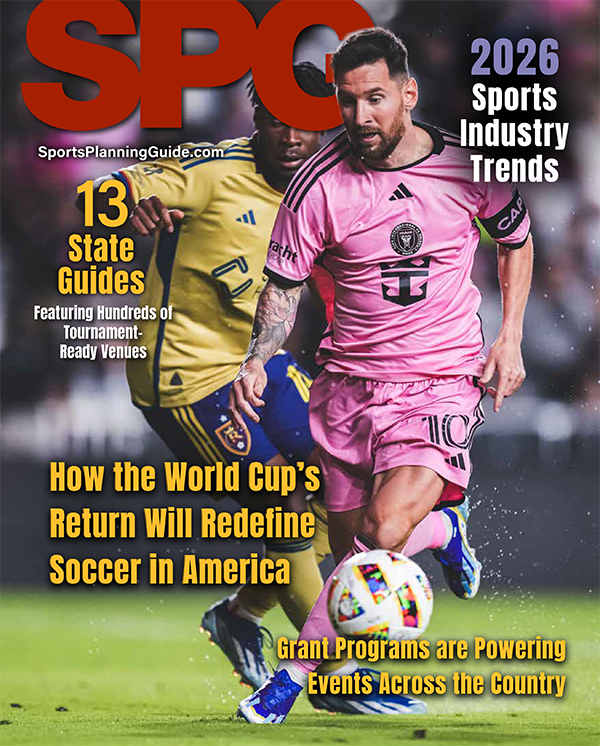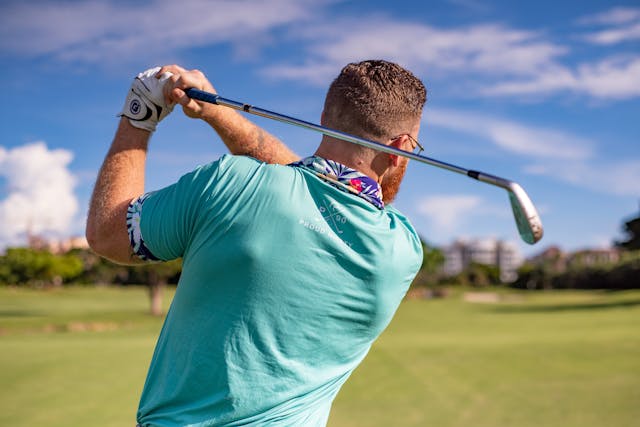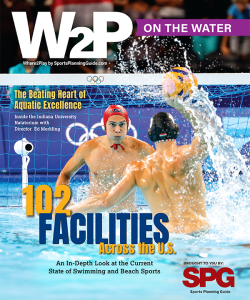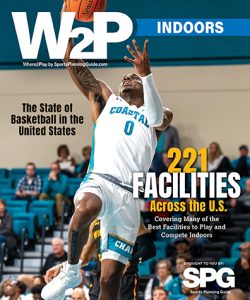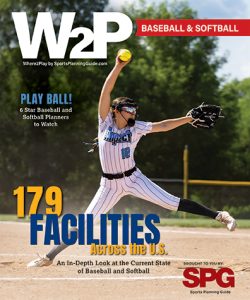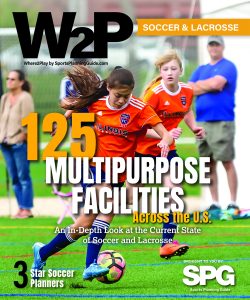The gravitas of source-based tourism sales
Opportunity is always knocking.
Fifteen long months and counting amidst a once-in-a-lifetime pandemic, this is the silver lining that’s been right in front of us all along.
As signs of life thankfully continue to bubble up in the events, hospitality and tourism world—the latest Longwoods International COVID-19 Travel Sentiment study reveals that more than 80 percent of travelers have plans to travel within the next six months—some destinations and event operators have adapted and thrived since March 2020.
The elevator pitch?
“That’s a tough question because you get to sort of a homogenous place—everybody has restaurants and everybody has this or that,” says Jamie Patrick, vice president of the Madison Area Sports Commission (MASC). “One thing we have is the Isthmus, and nobody else has that.”
If you’re in need of a geography refresher, an isthmus is a narrow strip of land connecting two larger land areas otherwise separated by bodies of water. And in the case of Madison, WI—home to one of only four isthmuses in the United States according to Wikipedia—the Madison Isthmus, the central business district of the capitol city, is dovetailed between two lakes and adjacent to the University of Wisconsin-Madison.
Add it all up and you have a perfectly authentic backdrop for a community that is passionate about sports.
“We’re very fortunate to have a university and people who are very connected and into planning and organizing. You start making those connections, and then you get people here and you see why it’s different,” Patrick says. “We take people back in geography and most people remember what a peninsula is, but they don’t remember what an isthmus is. And then they come here and get to see what we are talking about—that it’s not a place that they are going to experience anywhere else.”
Recovering from the pandemic
As an industry that generated more than $100 billion in economic impact to communities throughout the United States just two short years ago, amateur sports tourism took a 60 percent hit in 2020 due to the pandemic according to the Longwoods International and Sports Events & Tourism Association (SportsETA) Evaluating Resident Sentiment whitepaper, co-authored by Dr. Jennifer Stoll, SportsETA research and education, and Andria Godfrey, Longwoods International vice president. It’s data like this that underscores the value of community pride, quality of life and brand perception and awareness—those hard-to-measure intangibles that make all the difference.
Oakland, CA, knows a thing or two about proudly leaning into what it is. Now chief sales officer at Las Vegas-based FACE2FACE Meetings, Rhanee Palma held the same role at her previous career stop at Visit Oakland. During her five-year stint on the convention and visitors bureau (CVB) side of the coin, Palma quickly learned the value of a well-rounded approach.
“There is some truth to the saying ‘all I can do is bring a horse to water,’” says Palma of her time at the Oakland CVB. “And based off the conversations I had with the hotels, they wanted opportunities to get in front of the planner.
“We basically took Oakland on the road. We would bring celebrity chefs or prominent speakers. One time at Connect in Louisville we brought all of the Chamber leaders and the Mayor of Oakland. They were all women, and we created a women-in-leadership (sales) approach.”
With 360 degrees worth of career experience that also included nine years in hotel sales and two years in nonprofit management, Palma has maintained an entrepreneurial bent in tourism sales. At FACE2FACE, a full-service meetings agency from concept to bid management to event operations, Palma now works directly with chief executive officers to develop a plan based on the client’s needs and budget.
Palma’s broad base of experience is beneficial for event organizer clients (they make smarter decisions) and hotels and destinations (they better understand things from the event operator’s perspective), and everybody wins. Not surprisingly, Palma’s can-do spirit is already paying full-circle level dividends only a few months into her new gig.
“I’m booking a citywide for Columbus Day 2021 and it’s in Oakland of all places,” says Palma. “It’s the North American Chinese Invitation Volleyball Tournament (NACIVT) and they decided to have it in Oakland.”
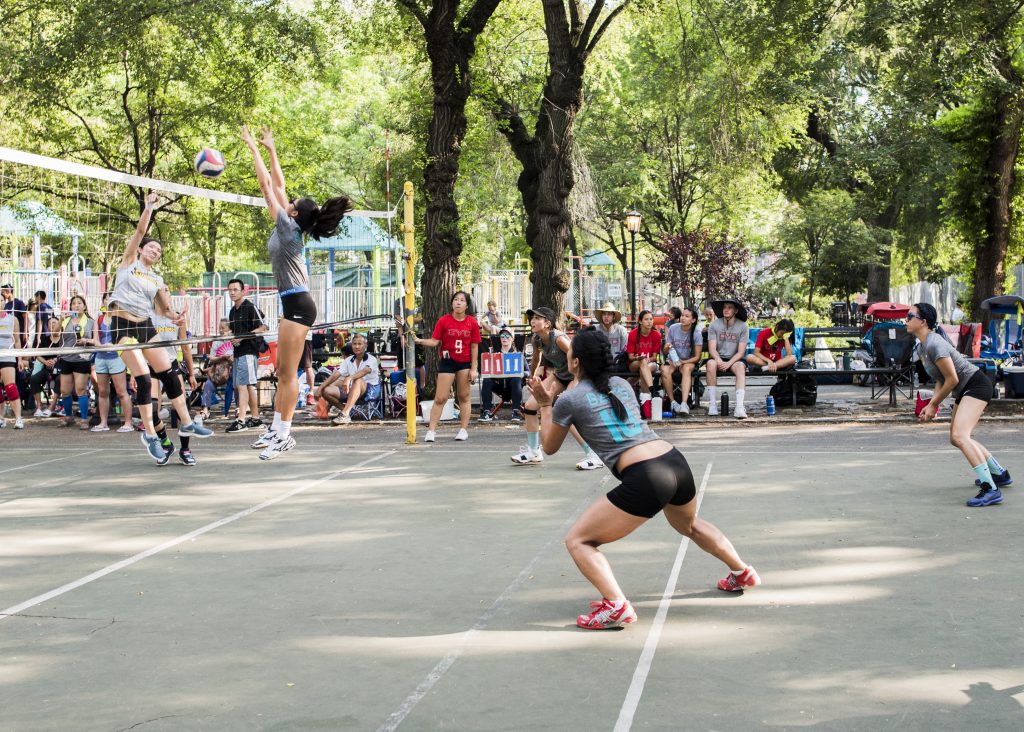
More than six million Asian Americans live in California, 15 percent of the state’s and Oakland’s population—a demographic that has been at the center of news cycle for unfortunate reasons.
“Whenever you open the news and there is an attack on an Asian American person, it seems to have taken place in Oakland,” Palma says. “So they (NACIVT) reached out and said, ‘hey we want to help the Chinatown community and make a statement through this sporting event that Oakland is safe and that we can still travel safely as Chinese Americans’.”
Palma, a Filipina American, recalls one such story that involved a former colleague who was a hate crime survivor.
“One of the Chinatown chamber leaders in Oakland got attacked and I saw him on the news and called to ask if he was okay,” says Palma. “He said, ‘hey I really need your help, I want to introduce you to someone’. I was calling someone to see how he was doing, and it opened up to something else.”
Even during the worst of times, the NACIVT’s decision to go to Oakland is another reminder of the serendipitous nature of sports and the gravity of our being. It’s also a time to put challenges into an appropriate context—one of leveraging.
‘Be creative with what you have’
As sports tourism matures, we’re thankfully seeing concepts like the triple bottom line become more mainstream—a newer normal that is attempting to valuate economic, environmental and social impact. And as demonstrated in 2006’s “Towards Social Leverage of Sports Events” in the Journal of Sport & Tourism, Dr. Laurence Chalip contends that economic impact is focused on outcomes, actual results and is treated in isolation. Leverage, though, involves strategies and tactics, analyses with reference to the destination, organizational learning and forecasting.
In short, it’s a method that is steeped in proactivity, which just may be the essence of success despite challenges from competition, tech, the rising cost of sports, declining participation rates, pandemics and beyond. Still, as data from the 2020 Evaluating Resident Sentiment research paper shows—51 percent of all respondents and only 32 percent of Generation Z (ages 18-23) believe amateur sports has an impact on quality of life—there is much work to do.
Leveraging homegrown events and programs are an important part of the plan at the Madison Area Sports Commission, according to Patrick. The Commission and Destination Madison produced Bucky on Parade, a UW-Madison, Bucky the Badger-inspired public art auction that raised more than $1 million for local charity in 2018. The buzz of the program’s success still resonates during local stakeholder meetings or with visitors who are in town for the next CrossFit Games.
Moreover, the IRONMAN Foundation-seeded and Sports Commission-sustained MASC Youth Grant has provided funding for youth in need for nearly 40 area organizations. A natural fit for the destination, the IRONMAN Wisconsin has traversed Madison’s streets, waterways, hills and trails now for two decades. It’s no accidnt that a shared vision of leveraging sports tourism for good evolved organically.
And 13 years into his role at MASC, Patrick still proudly points back to the value of knowing your unique why as the primary source of success—a fountain of youth of sorts.
“Be creative with what you have. It’s that simple. People like the megacomplexes but some of the best events have sprouted in places that aren’t easy to shoehorn into places,” Patrick says. “I go back to the Isthmus—that’s why the Isthmus is so neat. People think they want the huge megaplex and it definitely has its place, but ther’s a revelry with places like the Isthmus that is unique to being that local dive spot. You just need to find what your authentic flavor is and put it to use, and then you can build it into a pretty large event that you can be proud of and your community can be proud of.”
Now, drink!
By Nick Povalitis, Plus Seven Company
Header Photo: Ironman aerial photo courtesy of Joe Oliva courtesy of Monona Terrace

